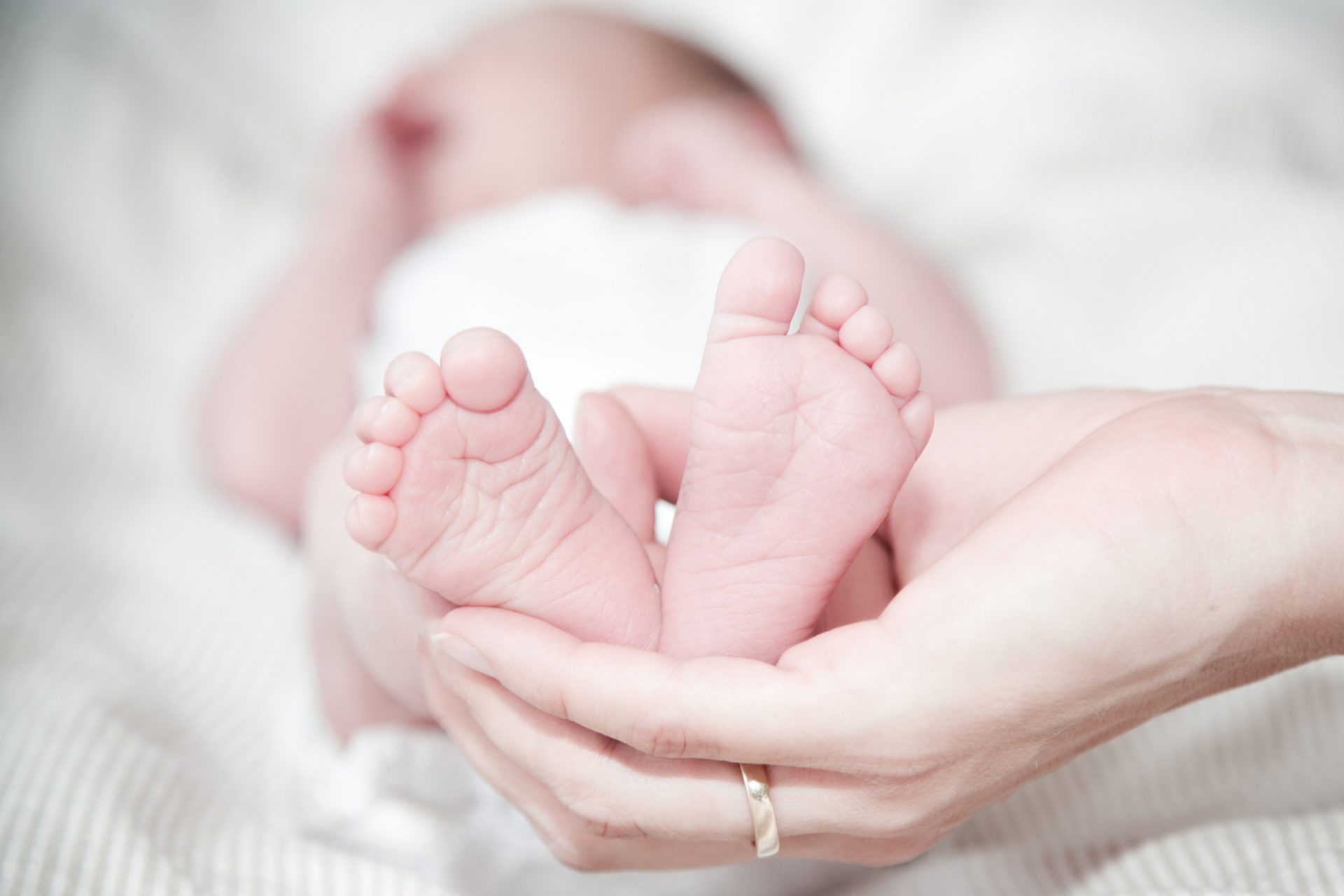Don’t miss out on the benefits of Child Benefit
What is Child Benefit?
Child Benefit is increasingly becoming an underclaimed benefit, especially with new parents or parents with two or more children, however it is an important source of financial support for families and there is no limit to how many children you can claim for.
There are two Child Benefit rates, £25.60 per week for the eldest or only child and £16.95 per week for other children in the household.
For more information on Child Benefit, download our factsheet here.
Who is entitled to Child Benefit?
Only one person can get Child Benefit, for a child even if you are part of a couple.
You normally qualify for Child Benefit if:
- you’re responsible for a child under 16, or under 20 in certain circumstances
- you live in the UK
- you and your partner meet the earnings criteria.
You’ll usually be responsible for a child if either:
- you live with them
- you’re paying at least the same amount as Child Benefit (or the equivalent in kind) towards looking after them – for example on food, clothes or pocket money.
Eligibility rules are different if your child goes into hospital or care or goes to live with someone else.
Earnings Criteria
Child Benefit is payable in full to households where neither partner’s ‘adjusted net income’ is over £60,000.
If one individual in the household earns over £60,000 per year the Child Benefit entitlement is reduced through the ‘High Income Child Benefit Tax Charge’. For every £1,000 earned above £60,000, the Child Benefit entitlement will reduce by 5% and where a single earner in the household earns £80,000 or more, entitlement to Child Benefit will cease. More information is available at www.gov.uk/child-benefit-tax-charge.
The threshold for the ‘High Income Child Benefit Tax Charge’ was raised from £50,000 to £60,000 from April 2024, meaning that some families who were previously not eligible for Child Benefit are now entitled to receive the payment. In addition, the rate at which this is charged was halved so that Child Benefit is not withdrawn in full until individuals earn £80,000 or more, rather than £60,000.
The Government plans to make the Child Benefit system fairer by moving to a system based on household rather than individual incomes, by April 2026. There is an unfairness built into the current system by having two parents earning £59,000 a year each, receiving the Child Benefit in full, but a household earning a lot less than that does not receive it in full if just one parent earns over £60,000.
Ensure Child Benefit continues beyond age 16
Child Benefit is payable to adults who are responsible for a child up until the 31 August on or after their 16th birthday. However, if the child remains in approved, non-advanced education or training Child Benefit can continue until their 20th birthday.
Approved, non-advanced education and training can include A levels, NVQ level 3 and Foundation Apprenticeships. It is your responsibility to tell Child Benefit if your child is returning to education or training, failure to do so will result in your Child Benefit claim stopping and this also could also affect other related benefits such as Tax Credits or Universal Credit. For full details on what is included as approved, non-advanced education and training, and how to inform the Child Benefit Office go to www.gov.uk/child-benefit-16-19.
Apply for Child Benefit even if you are not entitled to payments due to income
If you are affected by the High Income Child Benefit Tax Charge you can choose not to receive the Child Benefit payment, however you should still complete the Child Benefit form, because in doing so you will ensure you continue to get National Insurance credits towards your State Pension and your child will automatically be issued with their National Insurance number when they turn 16
Speak to an advisor for more information
For more information on Child Benefit, including how to claim, contact the Family Benefits Advice Service on 028 9267 8200 or email hello@employersforchildcare.org.






